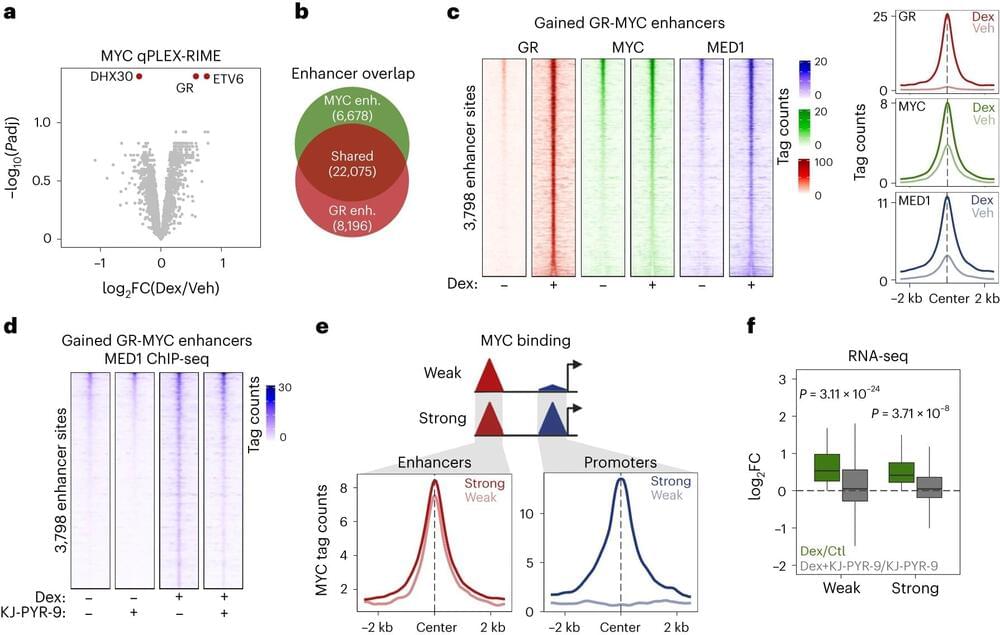Cancer cells are characterized by their aggressiveness: they grow rapidly and spread to other parts of the body. To enable this, numerous mechanisms come into play, and one of them involves a protein called MYC, which activates certain genes on the cancer cell’s DNA strand, causing the cancer cell to grow and divide.
The MYC protein is also present in healthy individuals, where it plays a crucial role in regulating many cell functions.
“When cancer occurs, it is due to an accumulation of mutations in our DNA, often resulting in the overactivation of the MYC protein. Therefore, this protein plays a crucial role in most cancer forms,” says Rasmus Siersbæk, head of research at the Department of Biochemistry and Molecular Biology, University of Southern Denmark.
